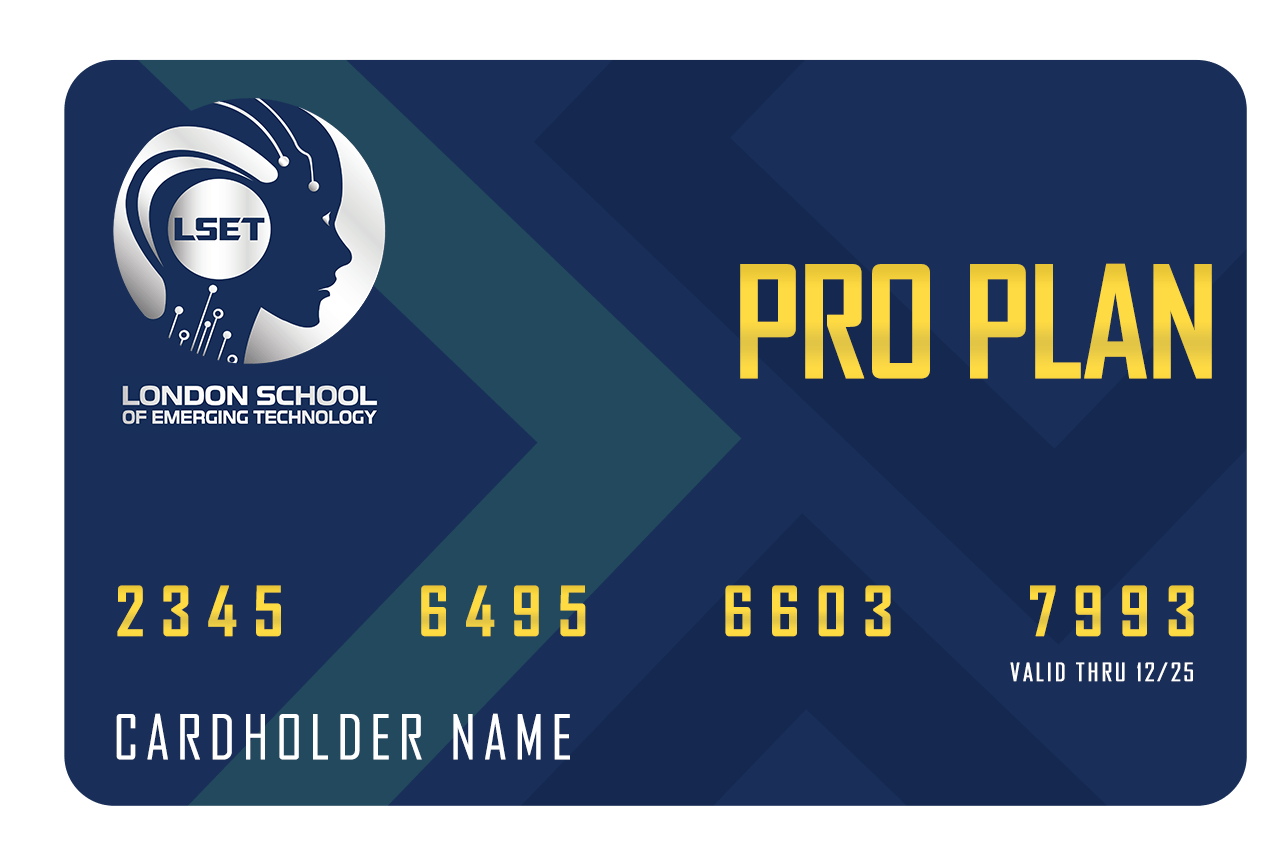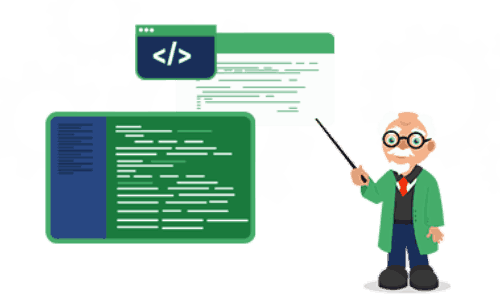Python programming language: It is an interpreted high-level programming language used for web development, machine learning, AI, ML, and a lot more. It provides a clear approach to programmers to write a clear and logical approach.
Pandas is a software library used for Data Analysis and manipulation. It offers operations and data structure and operations for manipulating time series and numerical tables.
NumPy: it is a python library that consists of the multidimensional array and a collection of mathematical functions to operate on this array
Matplotlib is a python library that makes matplotlib work like MATLAB. It provides an object-oriented API for inculcating plots into the application using GUI.
Plotly is an open-source plotting library that supports a wide range of scientific, financial, and geographical use cases.
SciKit-Learn is a Machine Learning library for the Python programming language. It features various regression, classification, and clustering algorithms.



 Premium Career-Ready Track
Premium Career-Ready Track












